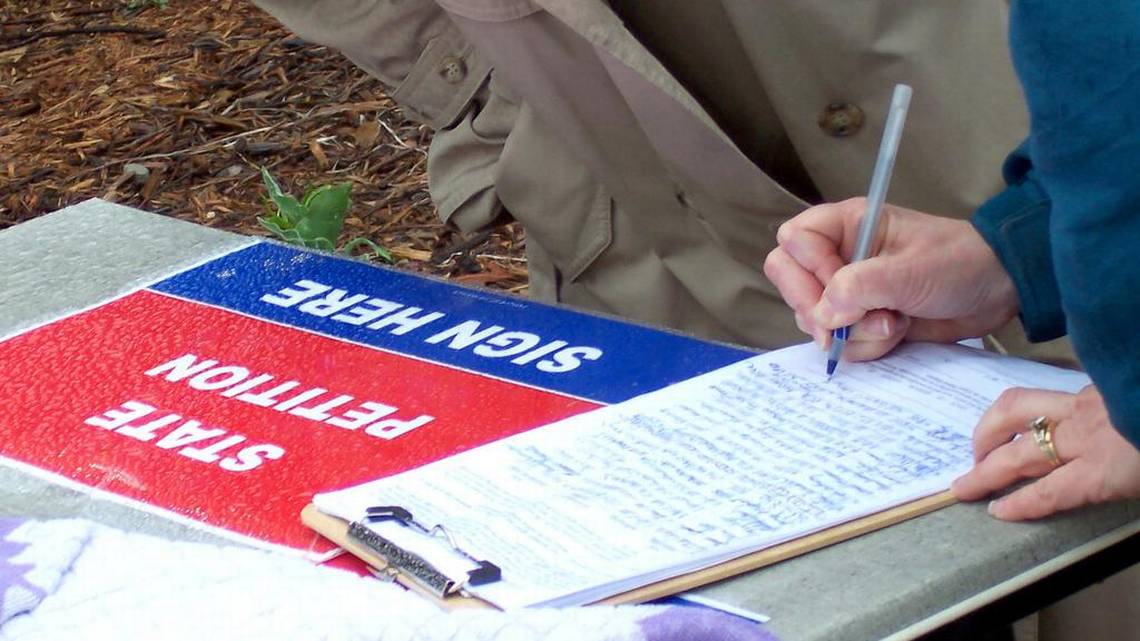For more than 100 years, Missouri voters from all sides of the political spectrum have relied on ballot measures to directly pass laws, such as constitutional limits on state and local taxation and spending. However, some status quo politicians in our state are now trying to block citizen ballot initiative petitions in a desperate power grab.
Attacks on the ballot initiative petition process in Missouri are not new — and usually arise after an issue passes that the party in power does not like. It happened in the late 1980s and early 1990s under Democratic majorities, and is happening once again under Republican majorities. Neither party was, or is, correct.
The initiative process is a power and freedom that we the people have reserved to ourselves to check and be independent of the General Assembly. Elected lawmakers and wealthy special interests want to rig this system, preferring instead to keep all the power to themselves by making it harder for Missourians to place important reforms on the ballot. They even want to make it easier to overturn the public’s vote.
The General Assembly and Secretary of State Jay Ashcroft should listen to our former Gov. John Ashcroft’s statement when he vetoed efforts to suppress the use of the ballot initiative:
“It is through the initiative process that those who have no influence with elective representatives may take their cause directly to the people. The General Assembly should be reluctant, therefore, to enact legislation which places any impediments on the initiative power which are inconsistent with the reservation found in the constitution.” Ashcroft vetoed such attacks on June 27, 1992. He provided several reasons for his veto of the bill that equally apply to those proposals being offered today by members of the legislature:
- The initiative petition is a power the people have reserved to themselves.
- The law would repress citizen involvement and increase costs for collection and litigation.
- The law added burdensome filing requirements that would result in chilling citizen participation.
- Any resulting attempts to change a petition after it is filed would result in additional delays.
